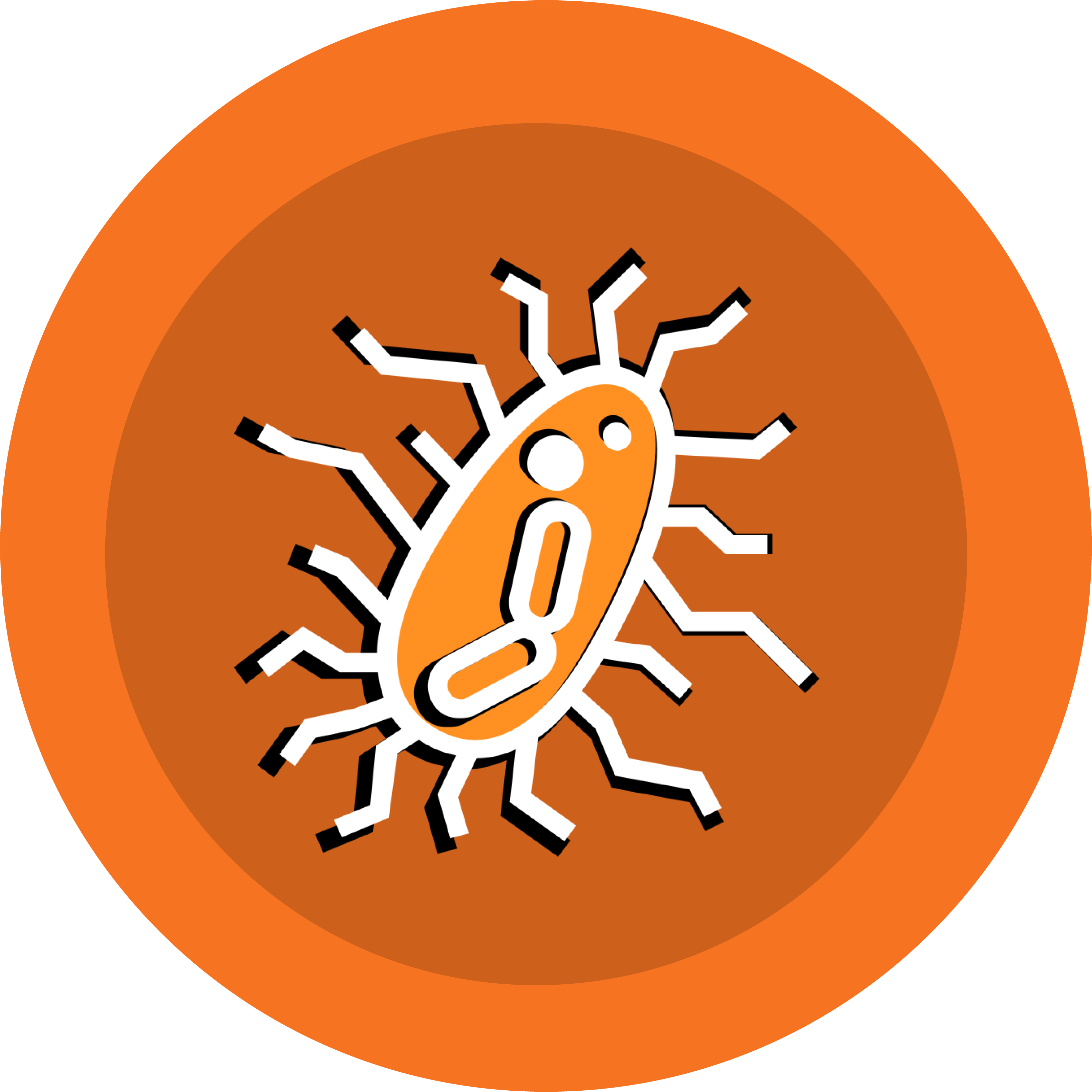Reengaging with friends and family will help you move on. The emotional stress of illness and surgery may have put a strain on your close relationships. Reconnecting with your partner and resuming your sex life is critical for recovery.
Sexual activity will not harm your transplanted organ, although external and internal wounds need to heal before resuming any vigorous activity. This usually takes between 4-8 weeks depending on the type of transplant.

Some recipients find an improvement in sexual function and desire post transplant. However, some medications may lead to weight gain, acne, bruising and increased body hair, which can cause recipients to feel unattractive and less interested in sex. Recipients may also experience a loss of libido (some blood pressure medicines can cause this). Speak to your doctor who can suggest alternative medications to reduce these side effects.

Safe sex for transplant recipients: If you’re single or starting a new relationship, be aware that recipients can catch STDs more easily due to a low immune system. Protect yourself from sexually transmitted diseases by using condoms and report genital rashes, sores, unusual discharge or yeast infections immediately.
Women on immunosuppressants are more prone to urinary tract infections than men because of the proximity of the vagina, anus and urethra. This makes it easier for bacteria to reach the bladder. To remain safe, it’s important to empty your bladder before and after sexual activity, and wipe from front to back after bowel movements.

Pregnancy: When it comes to pregnancy, every recipient is different. It takes time (usually 1-2 years) for the medication regime to stabilise and the transplanted organ to function well. It’s advisable for women to ensure they are healthy enough to have a baby and avoid the risk of rejection before they decide to grow their family.
Many recipients have successfully become parents. You need to speak to your doctor if you are considering having children as some immunosuppressants can be harmful to the unborn child. Your physician will be able to change your medications and recommend ways of having a safe pregnancy.
To avoid unwanted pregnancies, discuss birth control options with your transplant doctor. Condoms, diaphragms, and spermicidal jellies are usually safe for recipients to use. However, some contraceptive pills can interact with your medications. Check with your doctor for a product that is suitable for you.








 Golden Staph
Golden Staph Pneumocystis
Pneumocystis Cold sores usually appear on the lips and can spread into the mouth. If you notice sores or eruptions on your lips, you must inform your doctor at the earliest opportunity to commence antiviral treatment.
Cold sores usually appear on the lips and can spread into the mouth. If you notice sores or eruptions on your lips, you must inform your doctor at the earliest opportunity to commence antiviral treatment.




